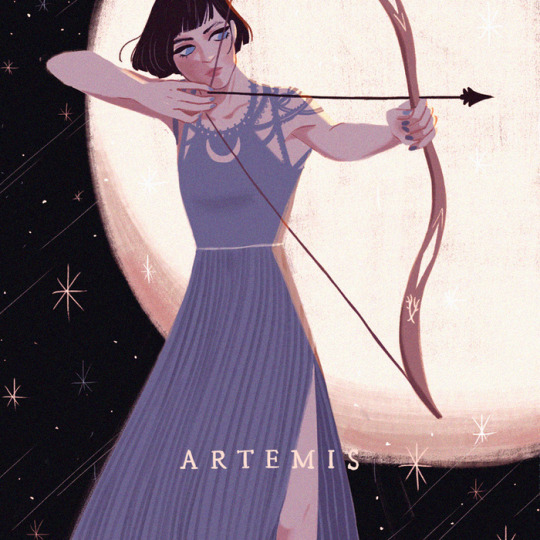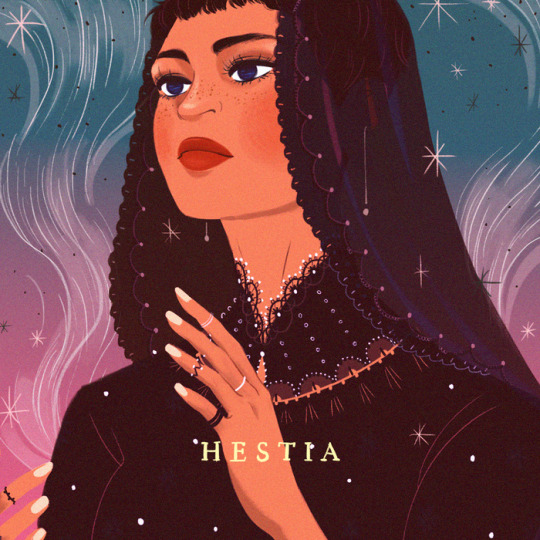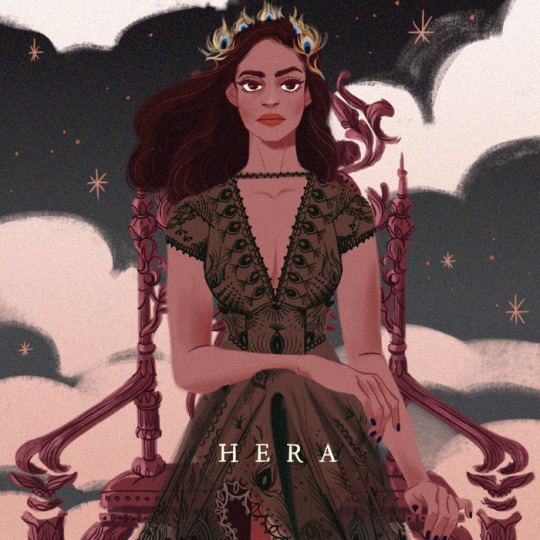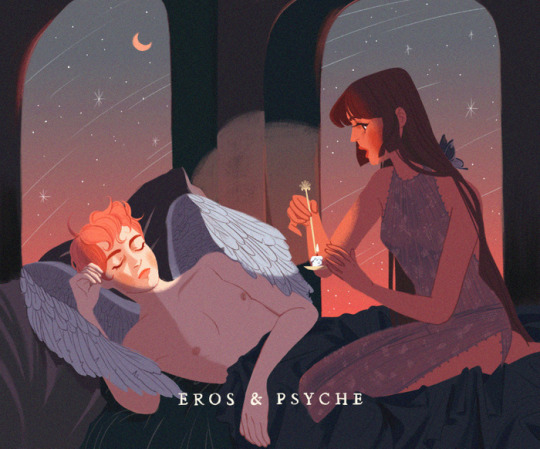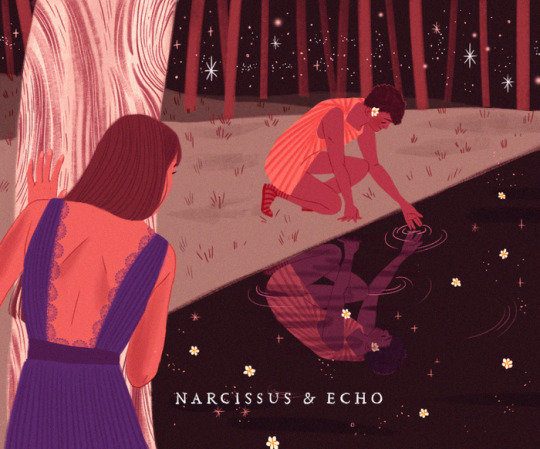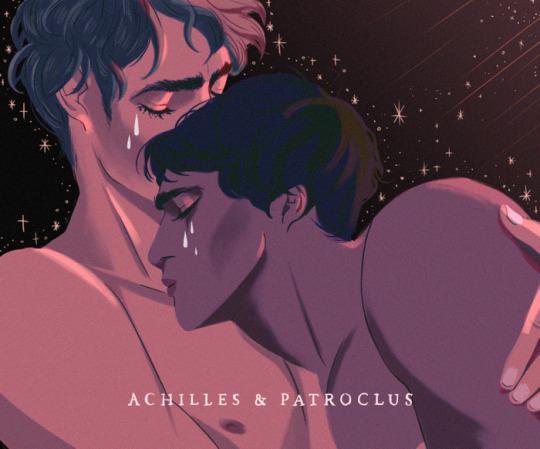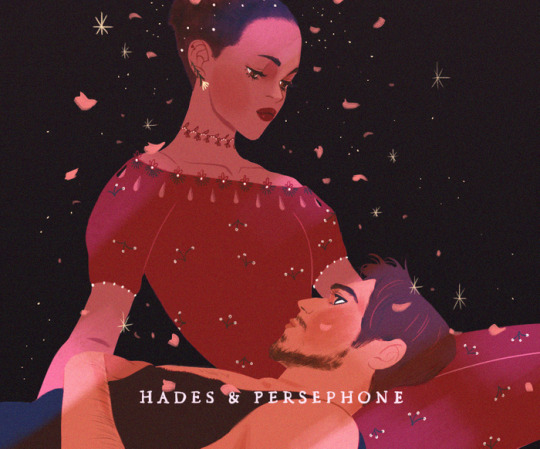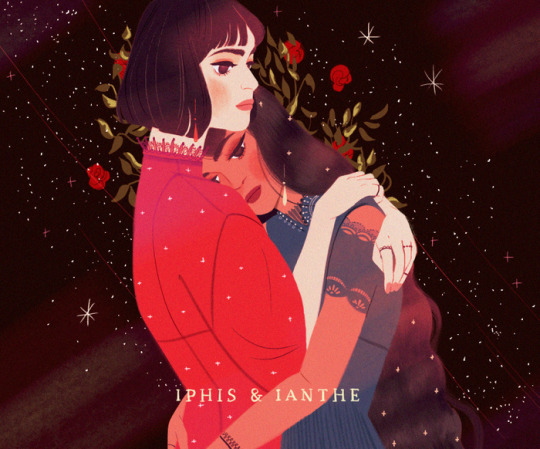Text
Antipodes
I.
take the telemetric constant of antipodal opposition or star–crossed binaries in their death dance of decaying orbits–– paused on the pathway to mutually assured destruction.
take you and me: diametrically tethered matched footsteps in a stilted dance: north to northwest south to southeast magnets set alike to like, tied taut with string magnets set alike to not, held fast with steel––
––unpredictable attractions: safety in stasis.
(still severed into hemispheres, poles apart. still bound by gravity, and string and steel.)
II.
(cut the tether, set them loose: death–dance to the hangman’s noose.)
fate is two–coined; fate has three faces cold death, consummate attraction ––momentary stasis
this is the spiral, the snap of steel regression–decay on a two–arc wheel.
III.
the paradox is in the parentheses–– the balance tips, the paradigm shifts–– the parameters crumble.
this is the perspective plane, the conditional to the theorem. this is where antipodes unite and stars collide, and
even parallel lines meet at infinity.
#poetry in science#dark academia#science academia#dark academia poetry#dark academic aesthetic#starcrossed#antipodes#poetry puddle#the paradox of star–crossed binaries is that they eventually collide#so they're not so star–crossed after all#and even though they destroy everything between them#in their collision path#and turn into a black hole#sometimes#there's something a little wistful about starcrossed lovers#and something a little beautiful when you see it happen over cosmic scales#in science! gotta love science
34 notes
·
View notes
Text
This is the stuff of dreams.
Iridescence: gold and bottle–blue and beetle–green. Wings snapped off mayflies in summer snowfall. The colour of frost in the early dawn. This is deception: dizzying and fractal and remorseless. These are the marks of false gods, their poisonous playthings, their breath to still the morn.
This is the stuff of dreams.
Greyscale: the gush of smoke slipping through trembling fingers. The heat of dark, long after the fires are extinguished. The sound of silence, beating hearts and bated breath. This is mourning: hollowed and ragged and bitter–rich. These are the marks of the people, their fragile existences on a hostile earth.
This is the stuff of dreams.
34 notes
·
View notes
Text
Singed Fingertips
Matchstick graveyards in the carcass of my candle: lost soldiers for every flame kindling the wick, for there is a cost in burning so brightly.
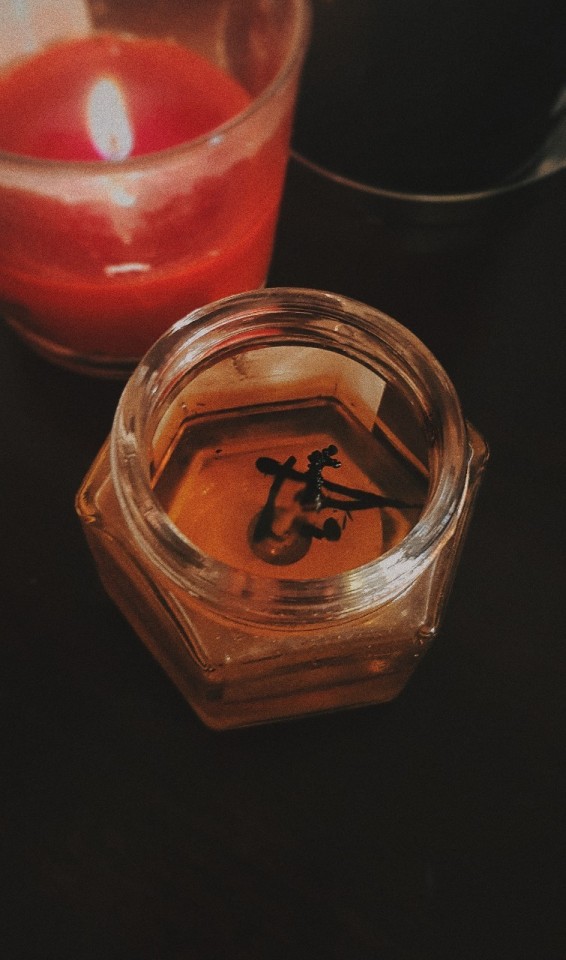
6 notes
·
View notes
Text
calico
PART ONE: ORIGINS
Chai in the morning. Assam and cardamom, mother’s tea.
Sunrise heat. The smell of terracotta soil in our nostrils.
The khat–khat–khat of cotton on a chakra, snick–snack of threads on a loom.
Calico, a thousand shades of cream.
Whittle on a banyan branch. Curls of woodskin on leather fingers.
puff–puff – father’s breath clouds the dust, settles it bright on tamarind skin.
Lotuses on a wooden block, nailed sharp with iron.
Red pressed like Kali’s tongue.
Teak hands stained blue. Henna tips turned black; paradoxical frostbite.
Indian ink, saffron, pink. Indigo sheets drawn skyward, billowing in the breeze.
Murals from Kerala to Kanyakumari. Parted seas in peacock green.
A thousand colours ripening in the sun.
Ships squatting on the horizon.
PART TWO: MARAUDERS
British calico. Finespun, colony grown calico. stolen Earned calico.
Ladies’ dresses, starched and press-ed. Wash of white lace on calico.
Tiny roses on calico. Machine print, Parisienne calico.
Villager sari to a rich man’s robes – calico.
Crushed and crumpled calico.
Murals swept clean with white sophistication. Paper skin on rough hands.
Indigo waters bleached demure. Lavender.
Calico. A culture washed away.
3 notes
·
View notes
Text
“History is mostly darkness. All we get to see in our sources are the very few men and women who managed through luck or hard work or ingrained privilege-to burst into the tiny spotlight that historians hold and be seen by doing something very, very good or very, very bad or simply being emperor. For every little head that blinks in the glare of the historian’s spotlight there are 100,000 more whose important, significant lives have been untouched by it. Go to Highgate Cemetery in London for examples and you will see the graves of Douglas Adams and Karl Marx, and you will walk past a further 169,998 bodies of women, men and children whose names and stories will disappear with their gravestones, whose lives have vanished in the darkness. You’ll step over their graves to get to the famous ones. Those who stand in the spotlight reflect a little light, though, and with the reflected light we can see the people standing right next to them: their wives and children and close friends. We see Agrippina in history only because she was the daughter, niece, wife and mother of powerful men. The sheer multitude of her relationships with famous men means we can see her a little better than most women, but we can still see only fragments.”
— Agrippina: Empress, Exile, Hustler, Whore, Emma Southon
275 notes
·
View notes
Text
She counted her life in half years: never as a child, but as she grew each year seemed more distant than those prior, more difficult to reach than the first or tenth or fifteenth. See, children grow out of things like half-birthdays and wishes upon candles and lodestars, but it was precisely at that age when one is considered an adult that she adopted the very same habits, though hers were tainted by wry bitterness and precipitous turmoil. So while she was a winter child of twenty, each July thenon in the swollen heat of summer she would light herself a candle: privately, without any ceremony, and when it shrunk to a stub she would put it out with her fingertips. She was undeniably dramatic, a flair she’d grown off Shakespeare, he who was born and died on the same day, and she wondered often on the circularity of that.
She did not die on her birthday, though the last she had was a fleeting memory of uncomfortable happiness under a cold and grey sky. No, she died one-hundred-and-eighty-three days later, on a day of little significance to those who buried her, with a bouquet of summer wildflowers.
If she were there to have witnessed it, perhaps she would have been satisfied that the wheel had come full circle, if only by her half measures.
If she were there to have witnessed it, she would have been appalled at how wan and wintered she looked, how the summer season did not at all suit her skin.
– biography of an unnamed girl
3 notes
·
View notes
Text
stars die and constellations change and the names of great queens are foreign on our lips today. we were never anything more than dust grown self-aware, and never more self-aware than of our frailty, fragility: forgotten before we are known and replaced by a thousand more who yearn to carve their name into the world.
But – (there’s always a but: we find solace in exception) – despite it all ––
if we were forgotten to history,
it would be enough to know you loved me.
#clumsy feelings#forget me#forget me not#poets on tumblr#poetrypuddle#we just want to be loved#or something
2 notes
·
View notes
Text
“How can we distinguish what is biologically determined from what people merely try to justify through biological myths? A good rule of thumb is ‘Biology enables, culture forbids.’ Biology is willing to tolerate a very wide spectrum of possibilities. It’s culture that obliges people to realise some possibilities while forbidding others. Biology enables women to have children – some cultures oblige women to realise this possibility. Biology enables men to enjoy sex with one another – some cultures forbid them to realise this possibility. Culture tends to argue that it forbids only that which is unnatural. But from a biological perspective, nothing is unnatural. Whatever is possible is by definition also natural. A truly unnatural behaviour, one that goes against the laws of nature, simply cannot exist, so it would need no prohibition. No culture has ever bothered to forbid men to photosynthesise, women to run faster than the speed of light, or negatively charged electrons to be attracted to each other. In truth, our concepts ‘natural’ and unnatural’ are taken not from biology, but from Christian theology. The theological meaning of ‘natural’ is ‘in accordance with the intentions of the God who created nature’. Christian theologians argued that God created the human body, intending each limb and organ to serve a particular purpose. If we use our limbs and organs for the purpose envisioned by God, then it is a natural activity. To use them differently than God intends is unnatural. But evolution has no purpose. Organs have not evolved with a purpose, and the way they are used is in constant flux. There is not a single organ in the human body that only does the job its prototype did when it first appeared hundreds of millions of years ago. Organs evolve to perform a particular function, but once they exist, they can be adapted for other usages as well. Mouths, for example, appeared because the earliest multicellular organisms needed a way to take nutrients into their bodies. We still use our mouths for that purpose, but we also use them to kiss, speak and, if we are Rambo, to pull the pins out of hand grenades. Are any of these uses unnatural simply because our worm-like ancestors 600 million years ago didn’t do those things with their mouths?”
— Sapiens: A Brief History of Humankind (Harari, Yuval Noah)
25K notes
·
View notes
Photo
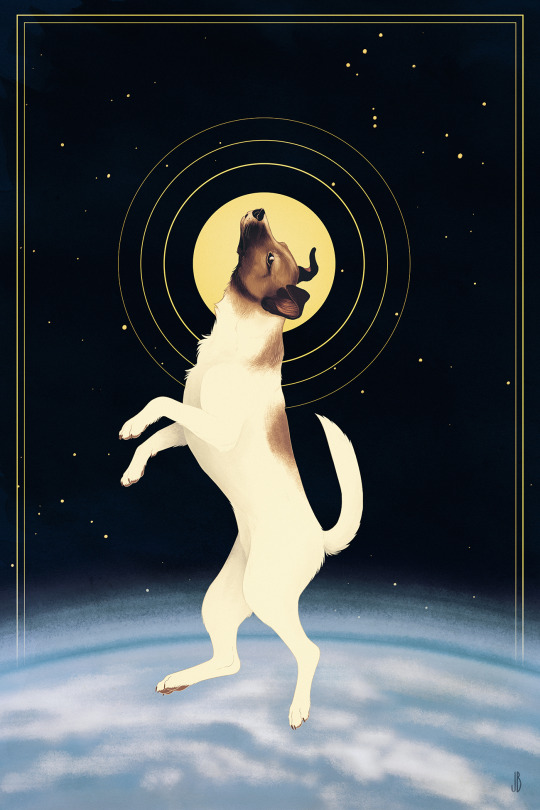
- Dog star, burning through a vast black sky -
In memory of Laika: a greater friend to mankind than mankind was to her.
70K notes
·
View notes
Text
paint me a future brighter than fire
i will burn it for the warmth never owed to me
1 note
·
View note
Text
i am not half a shade on you: you who live like death is a gift and i who live like life is a curse
12 notes
·
View notes
Text
I can still smell you on my skin.
If the oceans could have washed you from my hair would they not have done so by now?
– the eulogy of a girl drowned
4 notes
·
View notes
Text
toss my heart to the stormy sea
in hopes that you will anchor me
2 notes
·
View notes
Text
the plastic wrapped intimacy of two hands touching across electric distances
as if nine miles were suddenly nine nanometers and you were really here.
4 notes
·
View notes
Text
these temporary satisfactions
the impermanent contentments
you bring.
sometimes, I could almost be happy.
1 note
·
View note
Text
sometimes
you knock the breath out of me
and take my words with you.
6 notes
·
View notes
